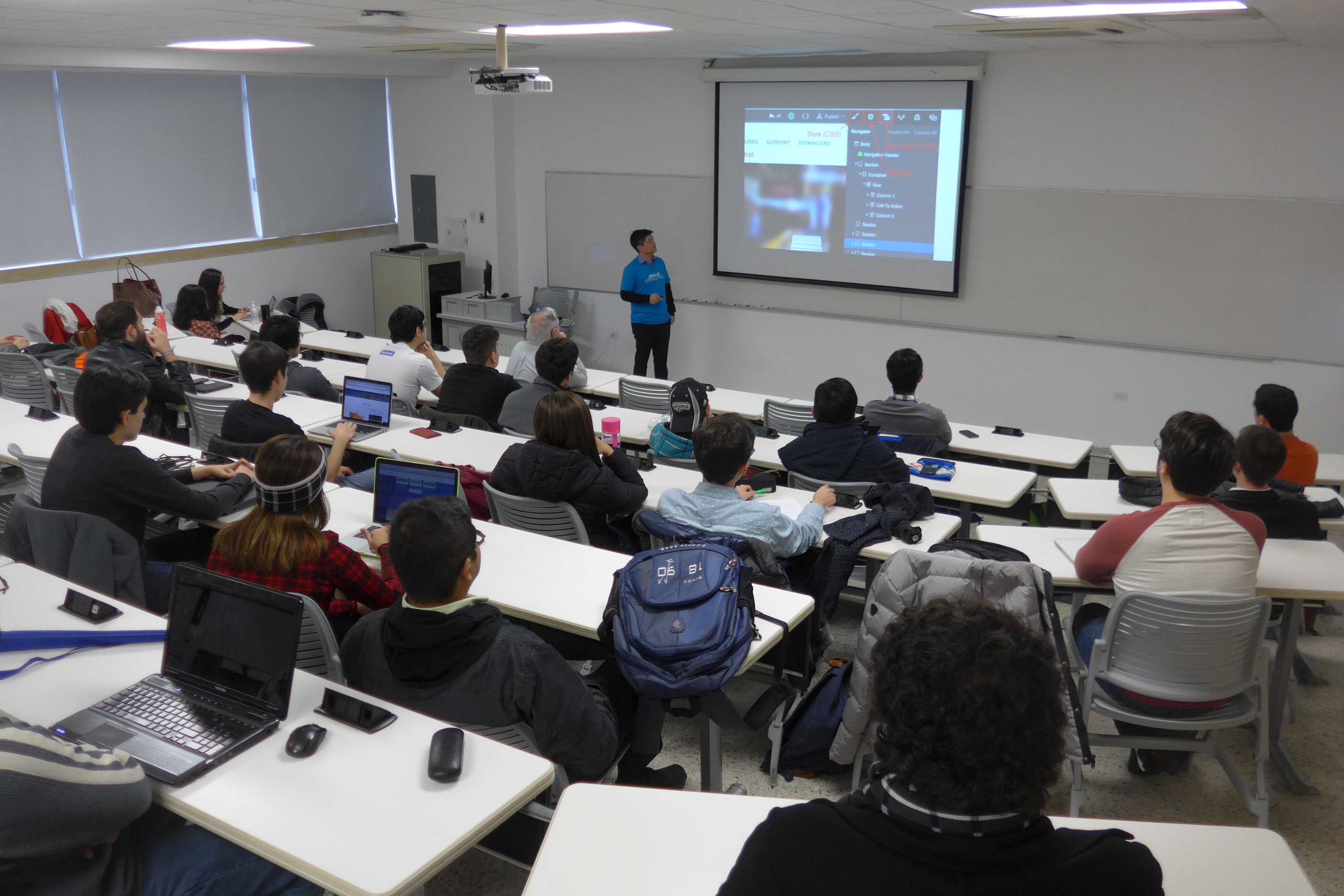Imagine a world where the laws were governed by the people and for the people. A world with complete decentralized authority. A world with smart legal contracts, which are self-executing, self-enforcing or both? Does that sound too far-fetched? There are emerging technologies on the rise which could make this reality closer than you think. Let’s take a look at Ethereum, a blockchain app platform.
What is Ethereum?
Ethereum is a decentralized platform that runs smart contracts: applications that run exactly as programmed without any possibility of downtime, censorship, fraud or third party interference. These apps run on a custom built blockchain, an enormously powerful shared global infrastructure that can move value around and represent the ownership of property. There are two key principles in Ethereum: Decentralization and decentralized applications, aka smart contracts.
Decentralization
The concept of decentralization through computer networks is not new. In a decentralized system, there is no entity that can prevent participation or arbitrarily censor the content or usage. BitTorrent and BitCoin are examples of such decentralized systems.
Like the BitTorrent content sharing system, Ethereum network nodes will run on thousands of computers around the world and, short of shutting down the Internet, its operations cannot be halted. This is because peer-to-peer systems generally involve a very large number of independent actors (people or organizations) each running the peer node software on one or more computers.
Like BitCoin, in Ethereum, the nodes on the network serve as miners whose purpose is to process and validate the transactions and computations on the system and quickly achieve a consensus regarding what happened on the system and when. This consensus is what provides the network with its security. The larger the number of nodes there are and the more work these nodes have to do to exercise a vote regarding what transpired on the network, the greater is the sense that this shared consensus view of the history of the system is a canonical and irrepudiable representation.
Decentralized Applications
A decentralized application is an application which serves some specific purpose to its users, but which has the important property that the application itself does not depend on any specific party existing. While BitTorrent and BitCoin are examples of decentralized applications, Ethereum generalizes the technologies used for decentralized applications and provides a blockchain app platform on which developers can create their own decentralized applications. Given that Ethereum calls these decentralized applications “Smart Contracts”, how can these apply to the legal world?
Legal Contracts
In the legal world, contracts are agreements between two or more parties involving one or more legal obligations. The elements of a contract are offer, acceptance, intention to create legal relations, and consideration. Online legal document services, like those provided by Rocket Lawyer and Legalzoom, already capture and store the elements for such contracts. Can Ethereum take this a step further? One of the uses of a contract in Ethereum is to:
Manage an ongoing contract or relationship between multiple users. Examples of this include a financial contract, an escrow with some particular set of mediators, or some kind of insurance.
Collaborative Legal Agreements
Ethereum smart contracts are supersets of legal contracts. While smart contracts can handle legal contracts easily, they are also complete decentralized applications, able to handle data storage, messaging, collaboration, security, and provide functions to other applications. Using Ethereum, developers could create distributed applications for collaborative legal agreements, which naturally evolve as laws evolve. This is where the power of decentralization can help keep the content of legal contract templates up-to-date without the need of a central entity. Otonomos is a company which already uses the Ethereum blockchain platform to create incorporation documents signed by multiple parties. If Otonomos can do this for incorporation documents, other kinds of legal agreements should not be far away either.
Dispute Resolution
When parties enter into legal contracts, a possible outcome is a dispute if obligations are not met. Resolving a dispute is often a time-consuming and expensive process. Products such as Modria have risen to provide online dispute resolution services, as well Mediate.com, which focuses on crowdsourced online dispute resolution. When legal contracts are handled by a decentralized application, such as those powered by Ethereum, any disputes that arise from those should be easily resolved. Nodes can monitor the events on which the smart contract rules are conditioned. Any judgment on a dispute should be resolvable in a completely peer-to-peer fashion by the decentralized application itself.
Majority Rules
One assumption of using Ethereum and its decentralized applications is that the majority is right. It’s fault tolerance and fraud prevention mechanisms rely on this assumption. While this should not be a problem for most legal contracts and dispute resolutions, there is a miniscule probability that the majority is wrong, and therefore decisions made could be wrong. Written laws are subject to people’s interpretations, and the assumption is that the majority of the people get it right. As long as we recognize and accept this assumption, Ethereum provides a good opportunity to streamline and facilitate legal agreements.
Conclusion
Ethereum allows people to safely interact trustlessly by entering into neutrally enforceable agreements in a completely peer-to-peer fashion. Because of these properties, decentralized applications such as smart legal contracts would be a good candidate to be developed on this platform.
References
- https://www.ethereum.org/
- http://ethereum.gitbooks.io/frontier-guide/content/ethereum.html
- https://blog.ethereum.org/2014/05/14/what-is-ethereum-project-platform-fuel-stack/
- http://ethereum.gitbooks.io/frontier-guide/content/contracts_and_transactions_intro.html
- https://blog.status.im/han-otonomos-ethereum-thought-leaders-e45dd7029534
- http://www.mediate.com/articles/DimovD1.cfm
- https://en.wikipedia.org/wiki/Smart_contract#Replicated_titles_and_contract_execution


